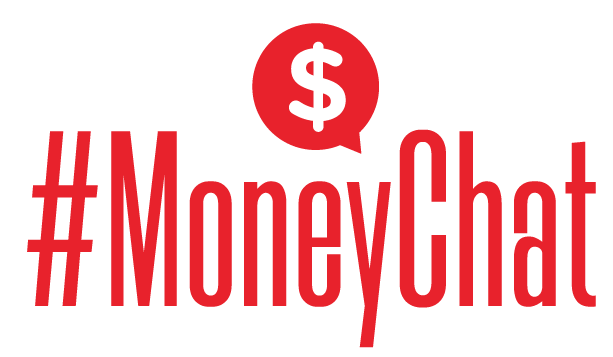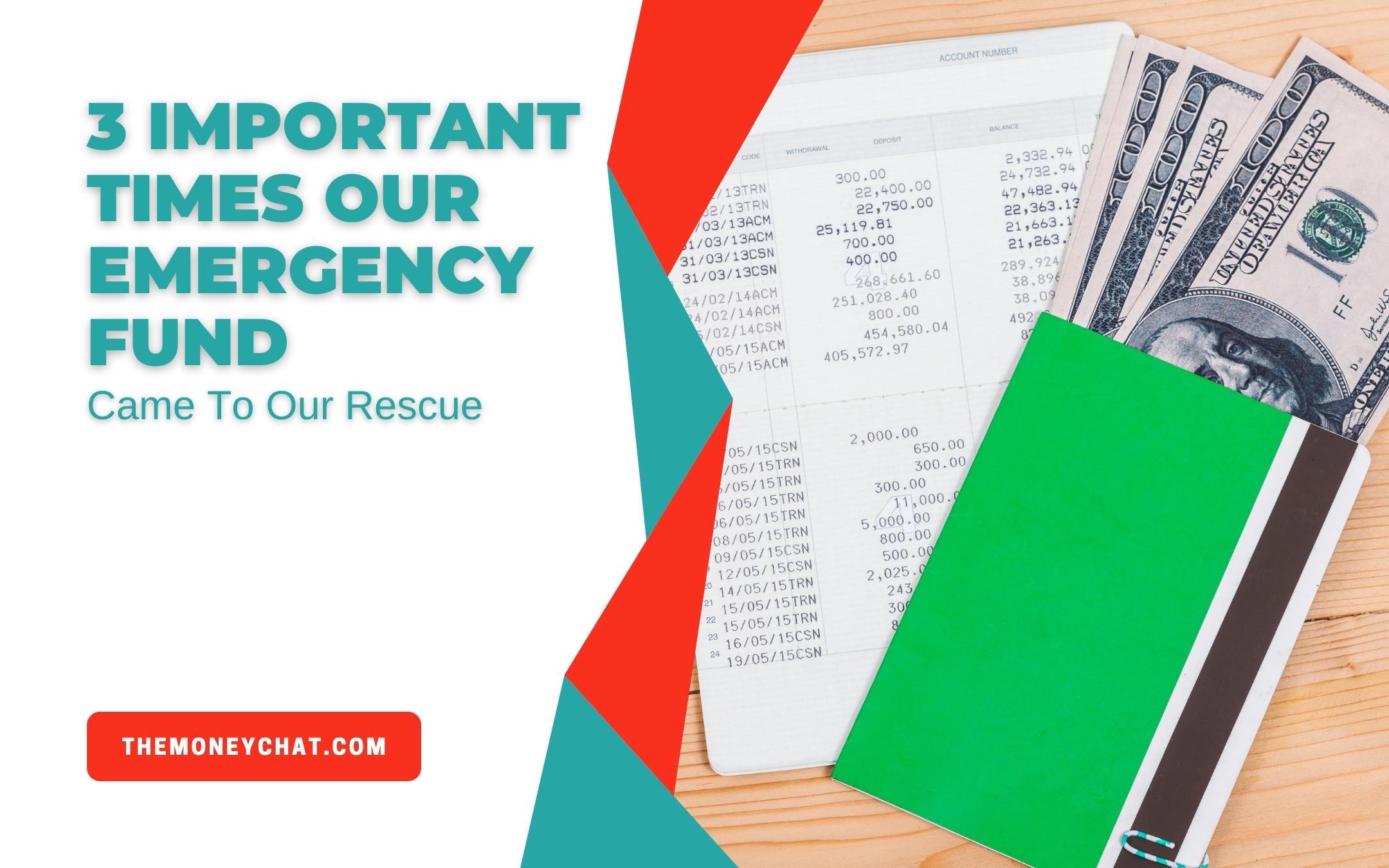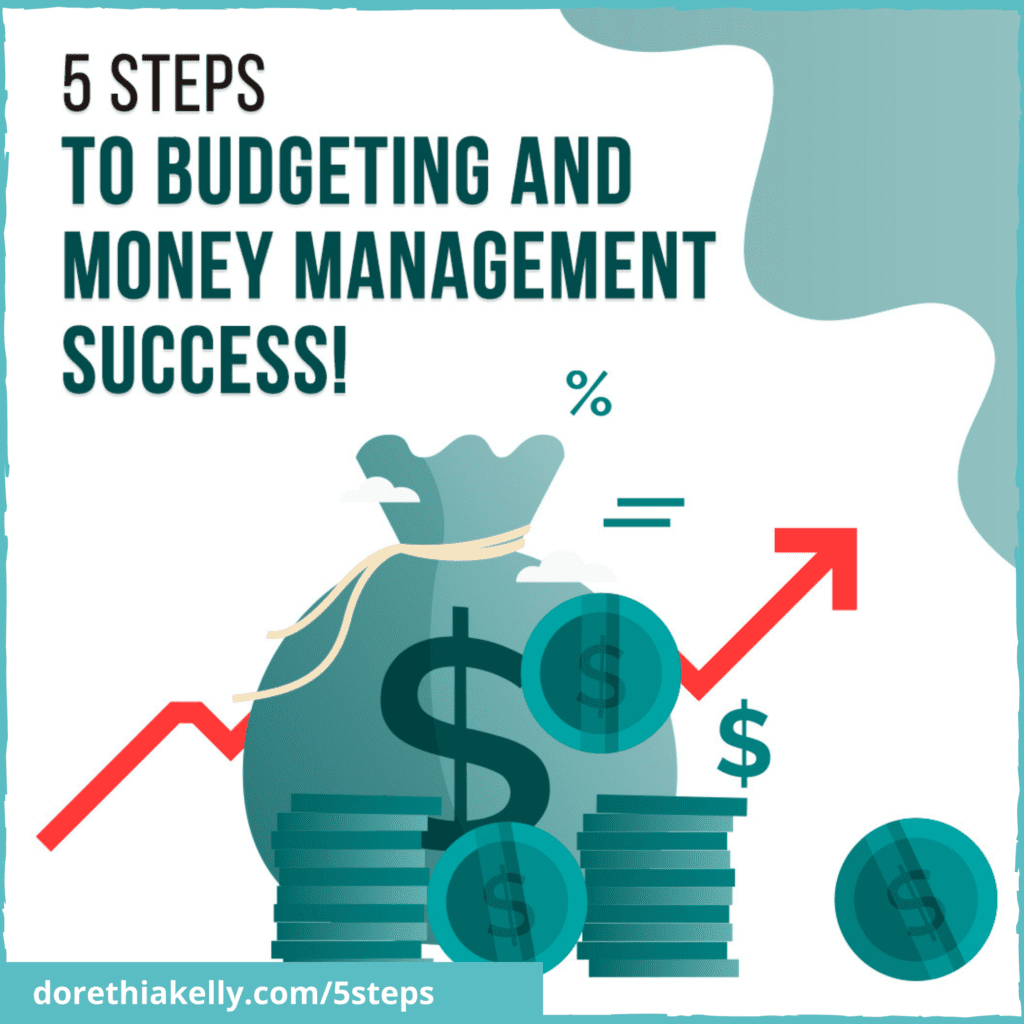Emergency funds are so underrated. They can be the single most important line of defense when it comes to protecting your finances and meeting your goals.
If you don’t have an emergency fund, you’re going to have a hard time paying off all your debt, saving up for that large purchase, or building a nest egg for retirement.
Emergency funds exist because life happens. We all have goals and a plan, but life is unexpected and things pop up all the time. It’s important to be financially prepared for life’s unexpected expenses.
Let me tell you, it feels really good to know you have money to cover unexpected expenses without having to use a credit card or take out a loan.
Here are just 3 important times when our emergency fund came to our rescue.
1. Medical Bills
Medical bills are a common occurrence in our household. While I’m grateful we’re all in good health, we still go to the doctor for routine check-ups and screenings as well as for those rare sicknesses we need stronger medicine for.
It all adds up and we have a high deductible health insurance plan. We don’t have to pay a copay upfront but we are almost always stuck with a bill after each doctor or hospital visit.
Last year I had to take my son to the emergency room and we ended up being sent a $1,000+ medical bill. Our insurance paid for some of the costs, but we were still on the hook to pay $1,000 which was a lot of money.
I called the billing department up to see if I could set up a payment plan and they told me they could settle for $750 if I paid the bill all at once that day.
I didn’t have $750 in my bank account but I did have it in my emergency fund so I paid the bill and saved some serious money as a result.
2. Buying a House
Buying a house is often the biggest purchase you’ll ever make. As a homeowner, you’ll then be faced with additional purchases for repairs, maintenance, and general home items. All of which will add up quickly.
We just became homeowners in May and have already been faced with a few costly surprising like having to get our AC serviced in 90-degree weather along with having to pay $500 to trim and cut down trees that were damaging our house.
Thankfully, we had the money in our emergency fund to deal with these unexpected costs.
3. Car Repairs
Car repairs are another pesky expense our emergency fund has been able to help us cover without stress. When someone’s car breaks down, it’s often a source of stress but doesn’t have to be.
We set aside money each month in a fund for each of our cars. A few months ago, the money came in handy when my husband’s car needed new tires and some repairs in order to pass his emissions test.
We didn’t have to touch a credit card in order to get him back up and running quickly.
How to Start an Emergency Fund Fast
Clearly, an emergency fund is a very valuable tool to have. But how do you start saving the money so you can get prepared for when your own unexpected expenses occur?
First, you need to set a goal for how much you wish to save. As a general rule of thumb, you’ll want to set aside at least 3-6 months worth of expenses.
If that sounds like a steep number, break that goal down into smaller chunks and save one month of expenses first.
You’ll need to cut your expenses to free up more money to save and you can even find ways to make extra money to speed up the process as well.
My best tip is that you focus on your goal of building your emergency fund with laser-like intensity. Make it your priority if you want to build your savings fast. If you focus on too many goals at once, you won’t be able to reach either of them.
Get on a budget and throw all your extra money toward your emergency fund. Use raises, bonuses at work, found money, and side hustle money to boost your savings quickly.
The quicker you establish your emergency fund, the sooner you’ll be prepared for the unexpected and have more peace of mind.
Do you have an emergency fund? What expenses could your emergency fund help cover or what expenses had it helped with already?












0 Comments